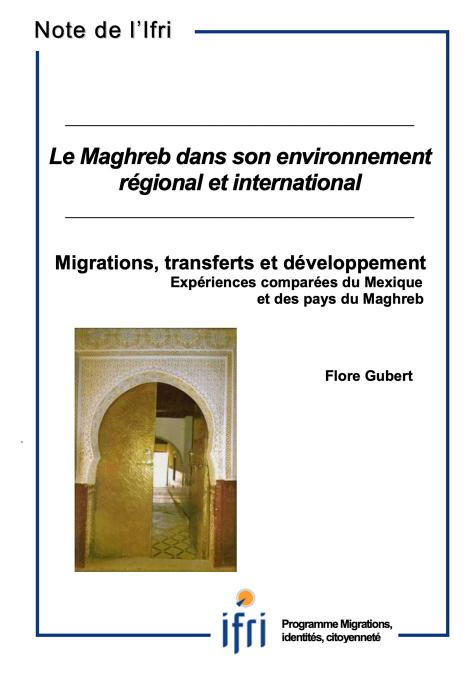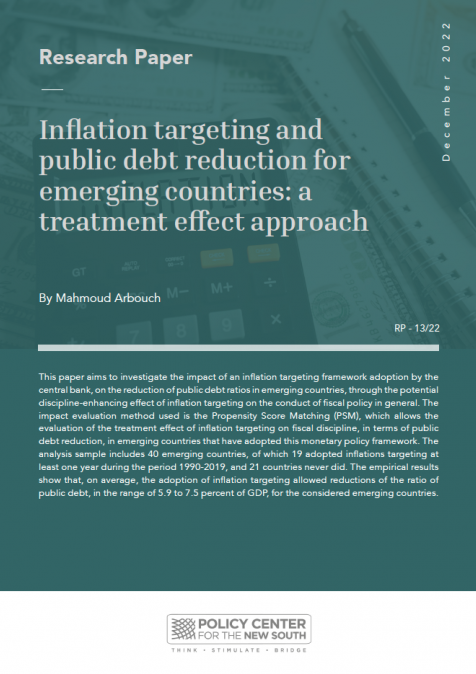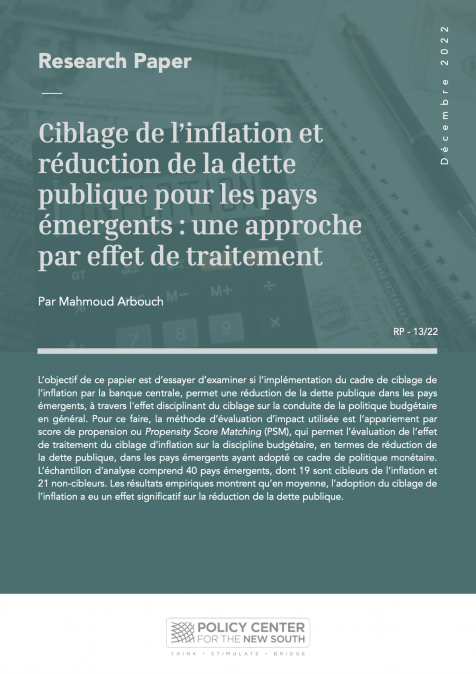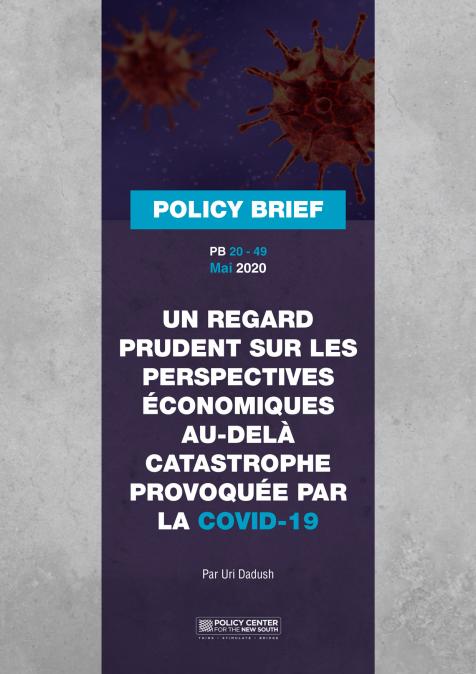Publications /
Policy Paper
Policy Paper
Migrations, remittances and development - Comparing experiences from Mexico and Maghreb
September 1, 2010
The potential synergy between development and migration has become a key feature of most international migration politics. However, this relationship is far from evident. Flore Gubert helps better understand the complexity of this relationship through the comparison of two regional contexts (Mexico and North Africa), and shows how the political and economic context prevailing in the countries of origin modifies the link between migration and development.
This Note de l'Ifri is the first contribution to The European migration policies from a Southern perspective project, supported by the OCP group.











